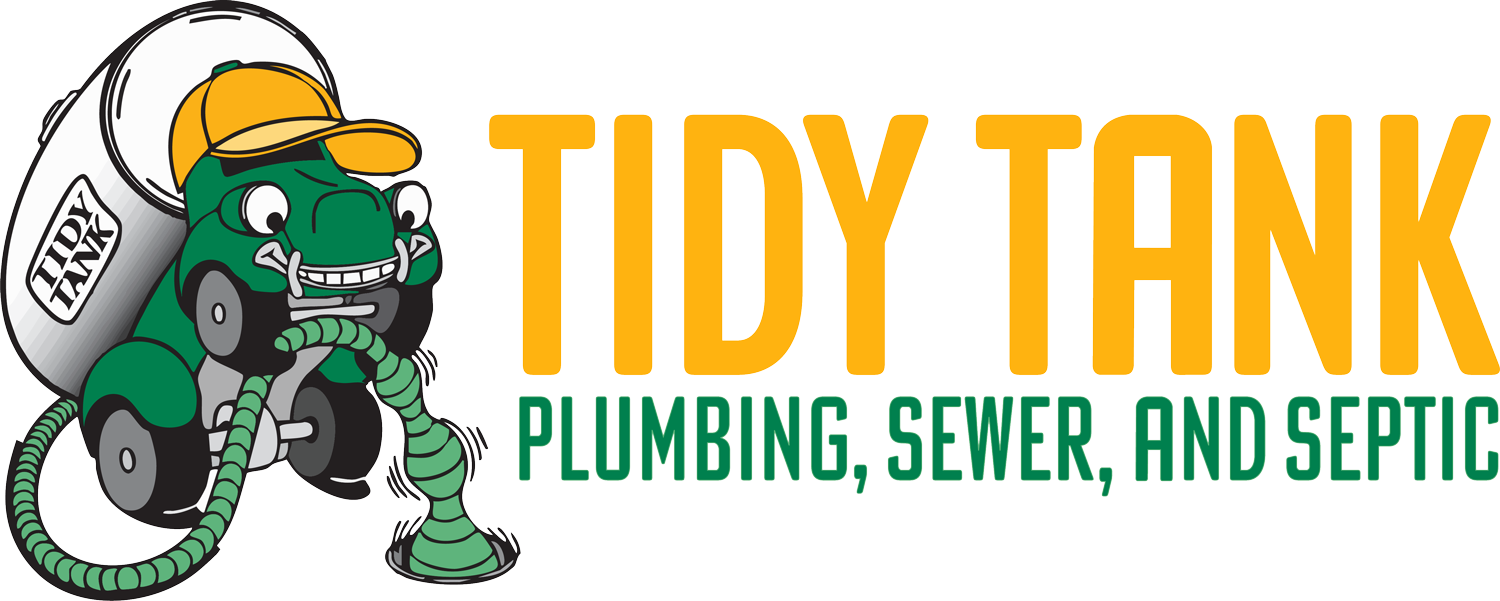Maintaining a septic system is crucial for ensuring its longevity and functionality. One of the most critical aspects of septic system maintenance is regular inspections. These inspections are essential in preventing problems that can lead to system failures, unpleasant odors, and costly repairs. This article explores why regular septic tank inspections are vital, focusing on how they can help you avoid issues like the notorious “septic tank smell.”
Understanding Septic Systems
A septic system consists of a septic tank and a drain field. Wastewater from your home flows into the septic tank, where solids settle at the bottom, and scum floats to the top. The liquid effluent in the middle flows out to the drain field, where it is further treated by the soil. Over time, sludge and scum accumulate in the tank, which can cause blockages and system failures if not regularly inspected and maintained.
Why Regular Inspections are Necessary
Early Problem Detection
Regular septic tank inspections allow for early detection of issues such as cracks in the tank, blockages, or excessive sludge buildup. Identifying these problems early can prevent them from escalating into more significant issues that require expensive repairs or even complete system replacement.
Preventing Septic Tank Smell
A common issue with septic systems is the unpleasant septic tank smell. This odor can be a sign of problems such as leaks, blockages, or a full tank. Regular inspections help identify the source of the smell and address it promptly, ensuring your home remains odor-free.
Avoiding Health Hazards
A malfunctioning septic system can pose serious health risks by contaminating groundwater and local water sources. Sewage leaks and backups can lead to the spread of harmful bacteria and diseases. Regular inspections help ensure that your system is functioning properly and not posing a health risk to your family or community.
Cost Savings
Preventive maintenance through regular inspections can save you money in the long run. Addressing minor issues before they become major problems is far less expensive than emergency repairs or system replacement. Routine inspections extend the life of your septic system, providing better value for your investment.
Signs Your Septic Tank Needs Inspection
While regular inspections should be scheduled, certain signs indicate an immediate need for a professional evaluation:
- Foul Odors: Persistent unpleasant smells around the drain field or inside the house.
- Slow Drains: Slow-draining sinks, tubs, or showers.
- Pooling Water: Standing water or damp spots near the septic tank or drain field.
- Greener Grass: Unusually lush and green grass over the septic system area.
- Sewage Backup: Wastewater backing up into lower-level drains in your home.
The Inspection Process
A thorough septic tank inspection should be conducted by a licensed professional. The process typically involves:
- Visual Inspection: Checking for signs of leaks or damage to the tank and drain field.
- Sludge and Scum Measurement: Measuring the levels of sludge and scum to determine if the tank needs pumping.
- Flow Test: Testing the system’s overall functionality by running water through the system and observing its flow.
Regular septic tank inspections are essential for maintaining a healthy, efficient, and long-lasting septic system. By preventing issues like the septic tank smell and avoiding costly repairs, these inspections provide peace of mind and protect your investment.
Don’t wait for problems to arise—schedule your septic tank inspection with Tidy Tank today and ensure your system remains in optimal condition for years to come. Learn more about our services by visiting our website.

